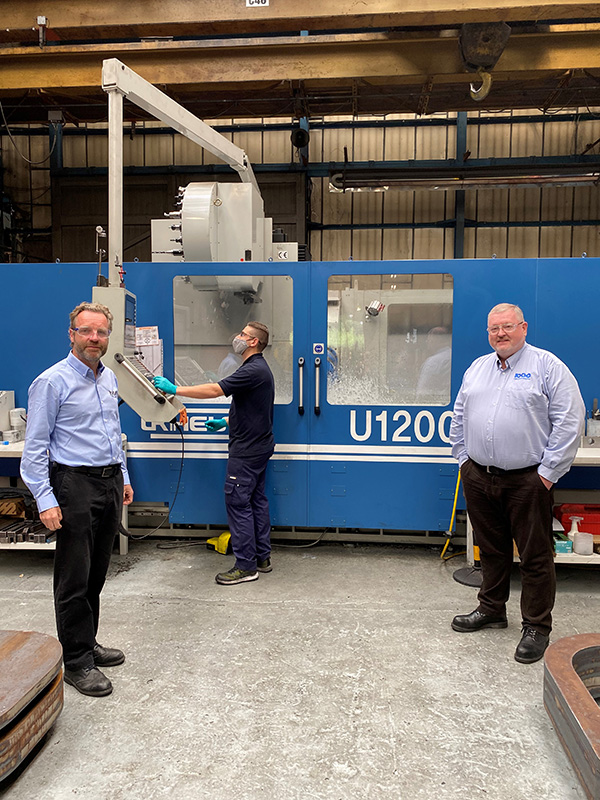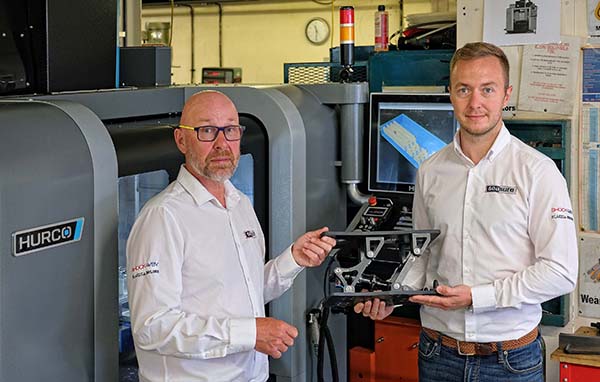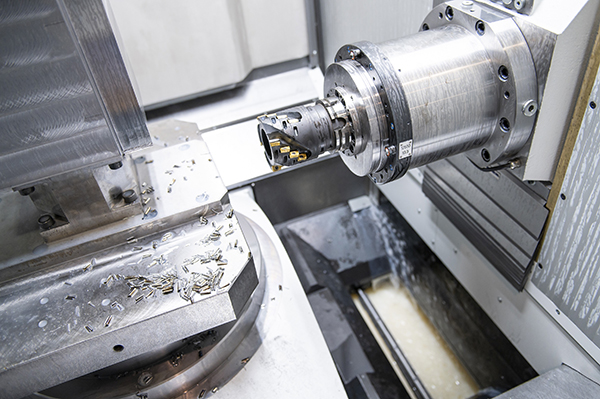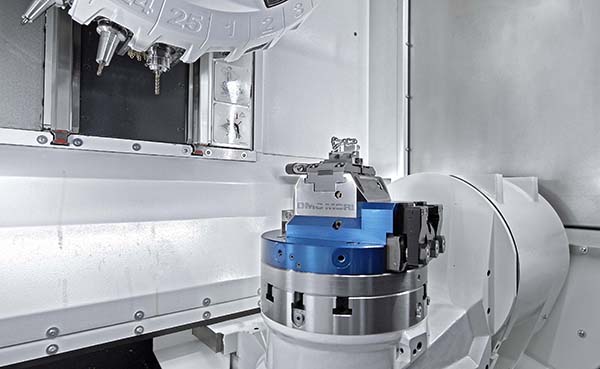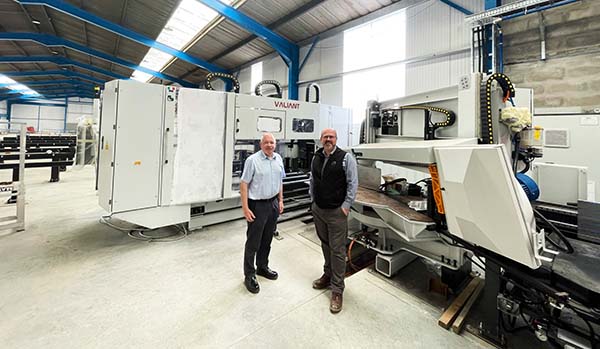
LBBC Beechwood, a fabrication business forming part of the LBBC Group, has invested a six-figure sum into a large state-of-the-art CNC universal milling machine as part of a major overhaul. The machine will open up new business opportunities in precision engineering projects, as well as bring major benefits to existing customers. The company will now be able to offer a full end-to-end service in the production of specialist fabrications and complex machined parts, without the need to subcontract part way through the manufacturing process.
This significant investment is part of a wider programme of improvements at the Pudsey-based business over the past 18 months.
A portion of the investment fund was secured through a successful application to the Leeds Enterprise Partnership (LEP), which has been used to improve production facilities. Further funding was obtained through the Supply Chain Programme run by the University of Huddersfield, which has contributed towards the funding of a LEAN implementation programme throughout the entire LBBC Group.
The installation of the new machine is the culmination of a whole programme of improvements in the business, including the introduction of lean management processes and a total office and factory refurbishment. These changes will have huge benefits for customers and open up opportunities for new work streams.
Managing director of the group, Howard Pickard, says: “We’re very grateful to the LEP and Huddersfield University for the grants, which will allow the Beechwood division to leap forwards immeasurably in terms of safety, quality, cost and delivery. The investment in the new machine, alongside investment in our people, will ensure we can deliver huge benefits to our valued customers in the years to come.”
For further information
https://lbbcbeechwood.com






